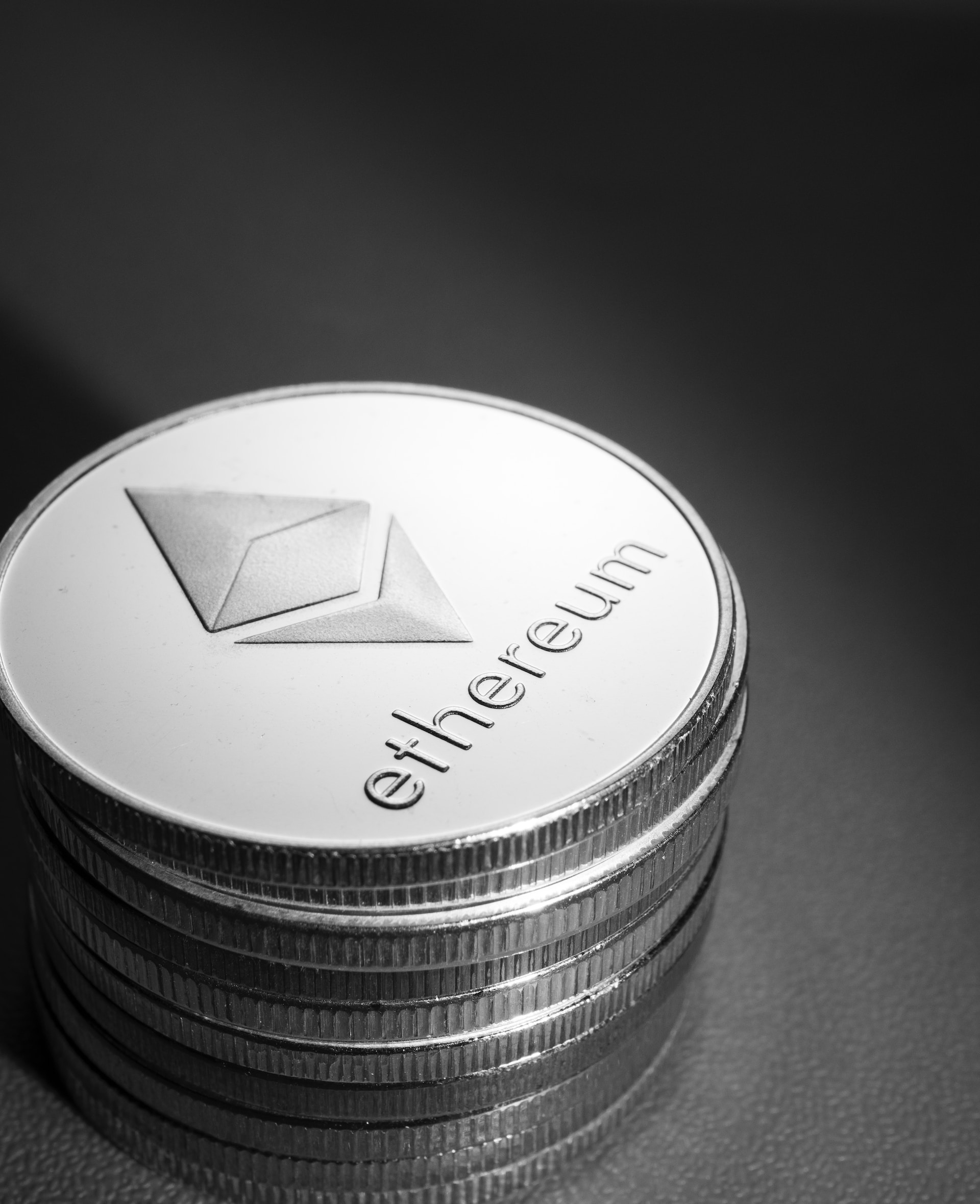Zimbabwe has announced an ambitious plan to launch a digital currency that will require $100 million worth of gold reserves to back it up. The move comes as the country seeks to address its ongoing economic crisis, which has been exacerbated by years of hyperinflation and political instability.
The announcement was made by the Reserve Bank of Zimbabwe, which said the digital currency would be called “ZimboCash.” According to the bank, ZimboCash will be a stablecoin, meaning its value will be pegged to the value of gold, with each token representing one gram of gold.
The idea behind the digital currency is to create a more stable and reliable financial system in Zimbabwe, which has been plagued by inflation and currency instability for years. Zimbabwe abandoned its own currency, the Zimbabwean dollar, in 2009 after hyperinflation reached astronomical levels, and has been using a mix of foreign currencies ever since.
The move to launch a digital currency is seen as a way to further stabilize the country’s financial system, which has been hit hard by the COVID-19 pandemic and years of economic mismanagement. According to the World Bank, Zimbabwe’s economy is expected to contract by 9.9% in 2020, one of the sharpest declines in the world.
However, some experts are skeptical about the feasibility of Zimbabwe’s plan, given the country’s history of economic instability and political turmoil. The requirement of $100 million worth of gold reserves to back up the digital currency is also seen as a major challenge, given the country’s limited gold reserves and the fact that it currently produces only about 15 tons of gold annually.
In addition, there are concerns about the potential for corruption and mismanagement in the implementation of the digital currency. Zimbabwe has a history of corruption and economic mismanagement, which has contributed to the country’s ongoing economic crisis.
Despite these challenges, the Reserve Bank of Zimbabwe remains optimistic about the potential for the digital currency to stabilize the country’s financial system. The bank has said that ZimboCash will be easy to use and will be available to all Zimbabweans, regardless of their level of financial literacy.
The announcement of Zimbabwe’s digital currency plan comes at a time when several other countries are exploring the potential of digital currencies, including China, which is currently testing a digital version of its national currency, the yuan.
In conclusion, Zimbabwe’s plan to launch a digital currency backed by gold reserves is an ambitious and potentially risky move, given the country’s history of economic instability and political turmoil. While the plan has the potential to create a more stable financial system in Zimbabwe, the requirement of $100 million in gold reserves to back up the currency is a significant challenge. The success of the digital currency will ultimately depend on the country’s ability to manage the implementation of the plan and address ongoing issues of corruption and economic mismanagement.




